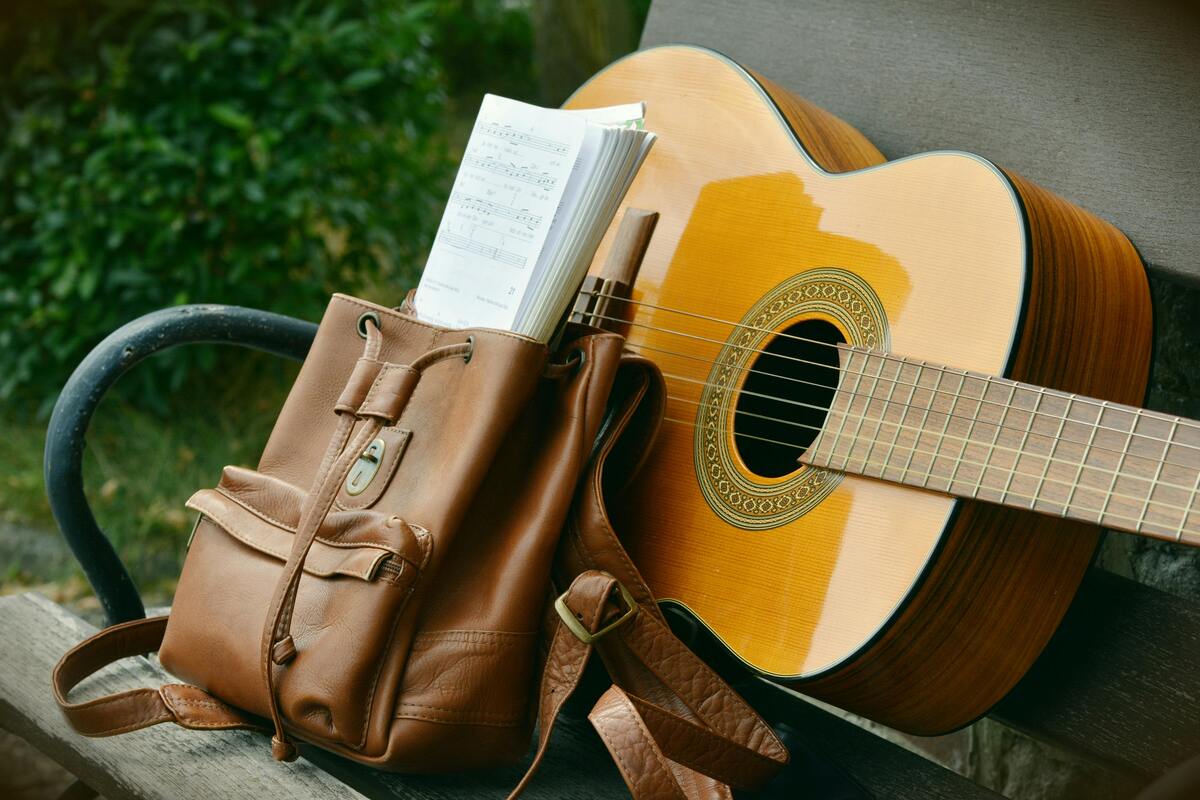Amendments to “PUBLIC PERFORMANCE” of Copyrighted Works
On August 27, 2024, Decree 765/2024 was published in the Official Gazette, modifying Regulatory Decree N° 41.223/1934 under Intellectual Property Law N° 11.723.
The main goal of this decree is to update the legal framework to reflect current realities by redefining the concept of “public performance,” its scope, and its adaptation to new technologies. These updates have been introduced through the replacement of articles 33 and 35 of the mentioned decree.
• Definition.
A public performance refers to any performance or representation carried out—regardless of its purpose—in a publicly accessible space that is open and intended for a group of people.
• Scope of Application.
A performance is not considered public when it takes place in a private setting, whether temporary or permanent.
Unlike the previous regulations, which classified a performance as public unless it took place in a private home—and even then, could be deemed public if projected or broadcast externally—this new version restricts the public performance classification, effectively removing royalties for performances in areas now considered private, such as hotel rooms or private event venues.
• New Forms of Performance.
Public performance also now includes those carried out via mechanical, electronic, or digital means, including the Internet.
• Express Authorization.
Musical works, cinematographic works, and phonograms cannot be publicly performed, transmitted, or retransmitted by any means without the express authorization of the rights holders, their heirs, representatives, or collective management organizations representing them.
• Remuneration.
In addition to the exclusive rights granted by law to rights holders, their heirs, representatives, or collective management organizations, or platforms authorized to offer licenses for public use, they are entitled to fair remuneration from anyone who directly or indirectly profits from the public use of a work. This includes any public performance carried out through direct or indirect means.
Moreover, an exception to remuneration applies to occasional uses for educational purposes or patriotic commemorations in state-recognized or authorized educational institutions.
In conclusion, the most significant impact of these amendments is the removal of the public performance concept in private settings and the inclusion of the Internet and digital platforms as new channels for public performances.
As a result, businesses like tourist accommodations, long-distance transport services, bars, restaurants, and private parties, will no longer be required to pay royalties to the Sociedad Argentina de Autores y Compositores de Música (SADAIC) for playing music in private settings.
On the other hand, authors will benefit from expanded protections of their works through digital and Internet-based performances, ensuring fair monetary recognition.
For further information please contact nmontes@ojambf.com

